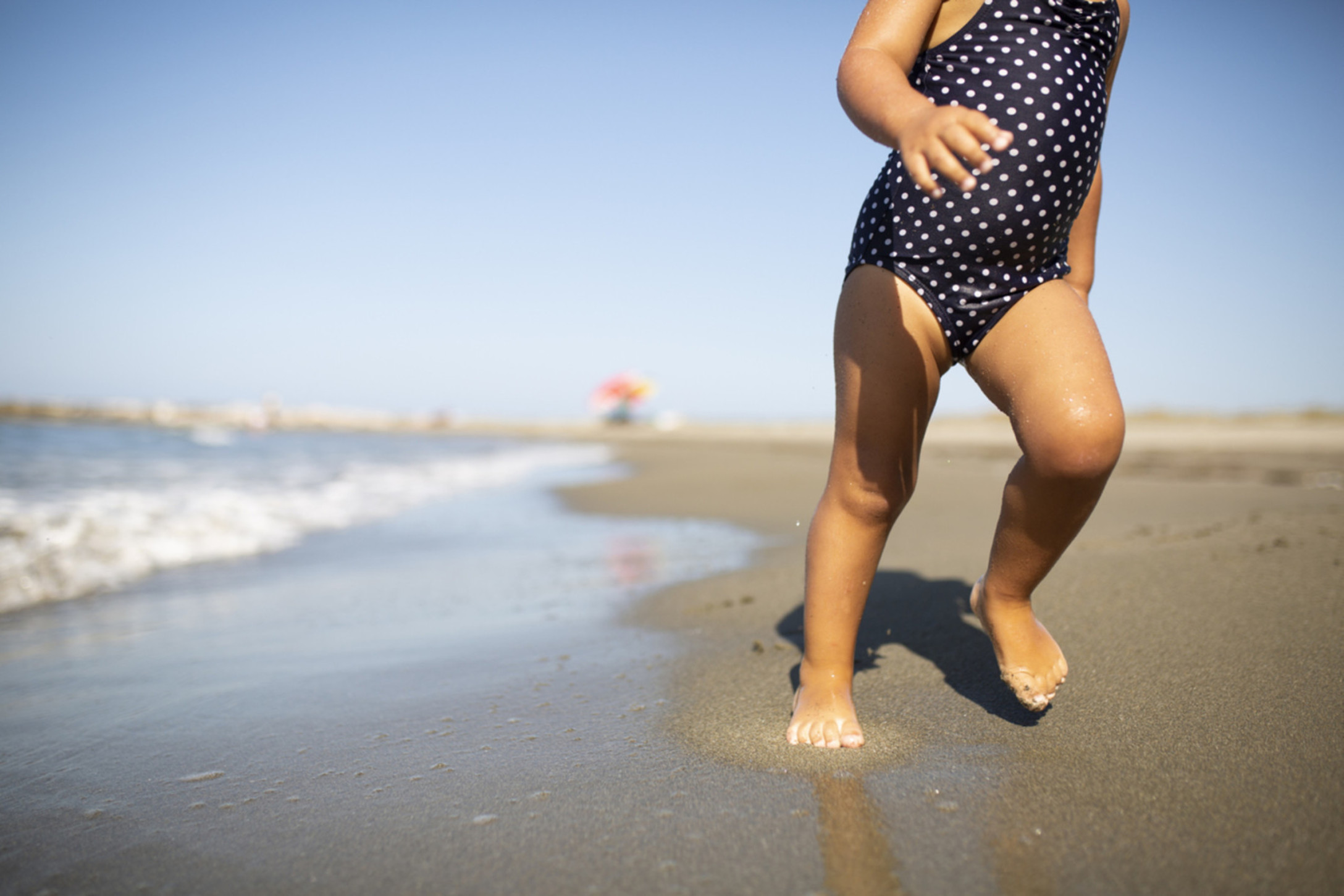
If a sun-drenched family vacation is on your calendar, be sure to include some spring break safety tips on your to-do list as well.
Sure, thinking about things that could go wrong on a vacation is never fun, but it’s always part of a parent’s job to be prepared, right?
With inspiration from Love Holiday’s vacation and summer safety trends guide, we created our own safety-conscious travel guide to make your vacation safe and fun.
Sunscreen is a start and at the top of our list, but here are more spring break safety tips to prevent burns, injury, and even heat stroke during your trip.
Don't Skimp on Sunscreen
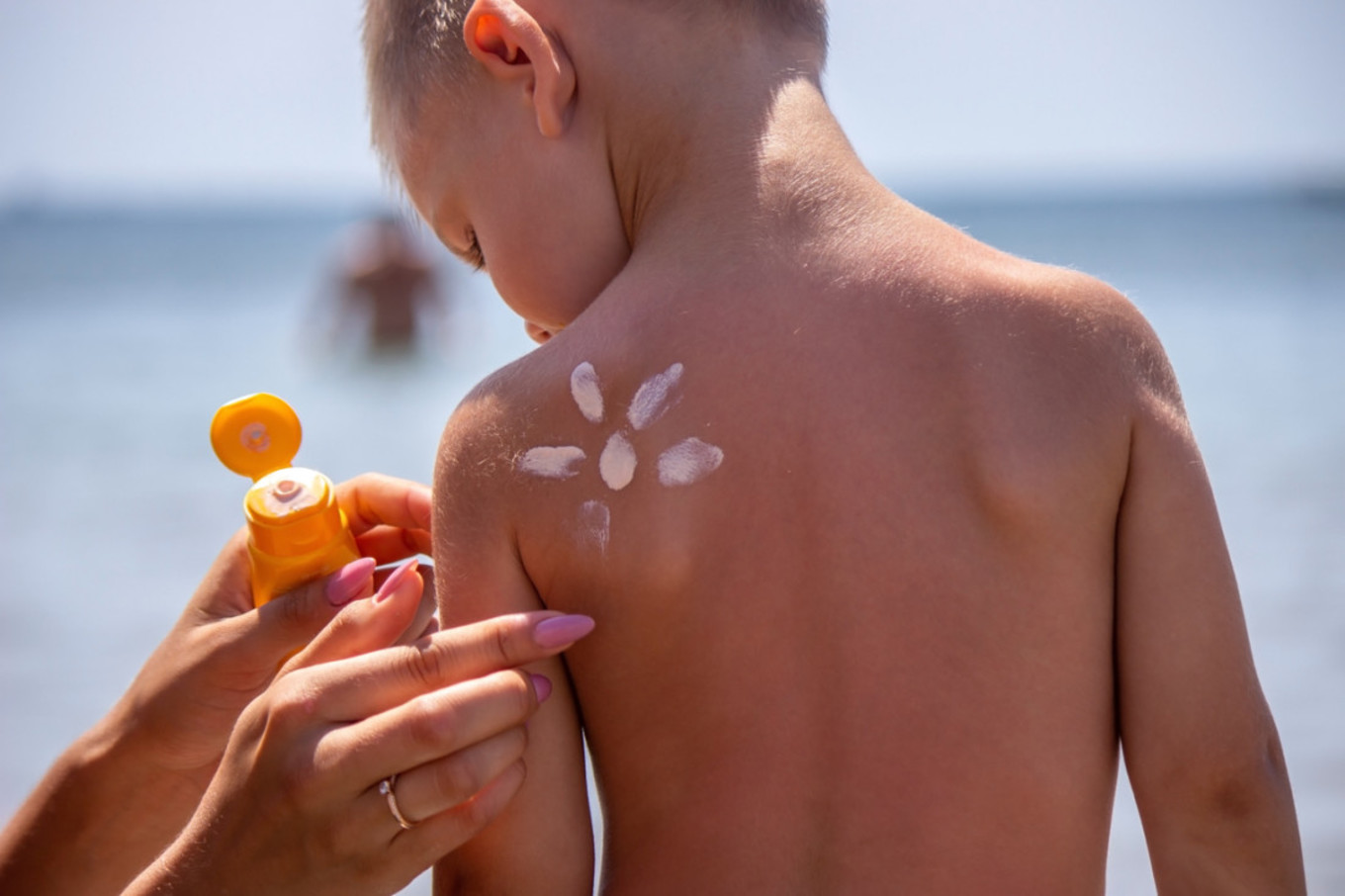
We said it was our No. 1 tip and we meant it. Applying sunscreen to yourself and your children is one of the most important things you can do each day but especially over spring break, because you may be traveling straight from a cold-weather climate where your skin hasn’t seen the light of day in months to the tropical sun.
The drastic change in sun exposure, combined with tons of outdoor activities, is a recipe for a sunburn.
To best protect your family’s skin from sunburn, the American Academy of Dermatology Association recommends:
- Always apply sunscreen at least 15 minutes and let it dry fully before going outside
- Choose a broad-spectrum sunscreen of at least 30 SPF (preferably higher, especially for kids)
- Use a water-resistant sunscreen
- Avoiding direct sun when the UV rays are the strongest, typically from 10 a.m. to 2 p.m.
- Use protective clothing and stay in the shade whenever possible
- Adults need at least 1 ounce of sunscreen (about the amount in a shot glass) to fully cover their bodies
- Don’t forget commonly overlooked areas, such as the tops of ears and feet, especially for kids
- Reapply sunscreen every two hours or more frequently as needed with sweating and swimming
Wear Protective Clothing
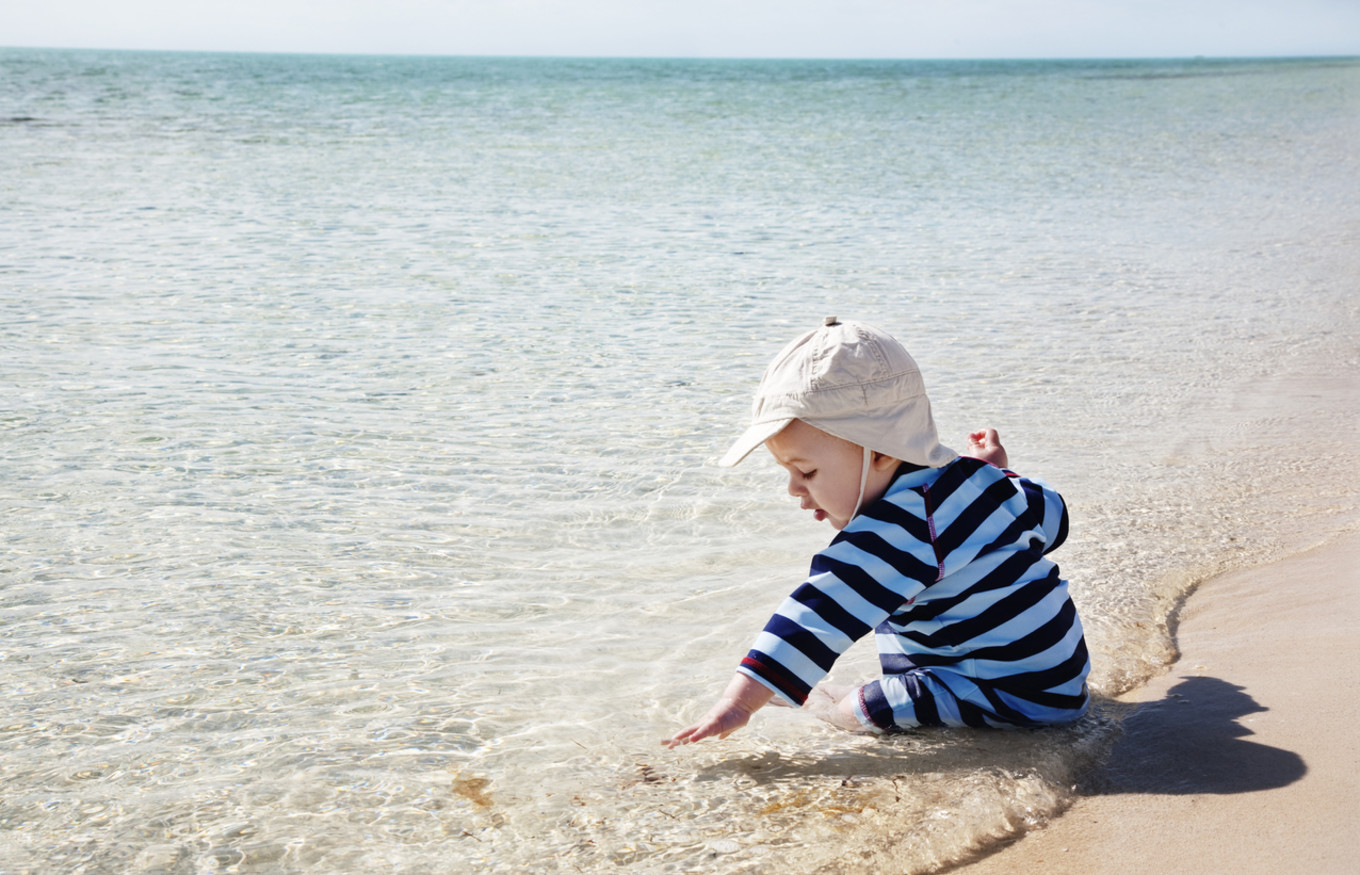
Sunscreen is one way to protect against the sun, but it can only do so much. Additionally, the American Academy of Dermatology Association explains that ideally, babies younger than 6 months old should not use sunscreen, so protective clothing and shade should primarily be used to protect them from the sun.
UV-protective clothing like long-sleeve swimsuits, rash guards, and bucket hats can protect from sun damage.
Be Cautious Midday
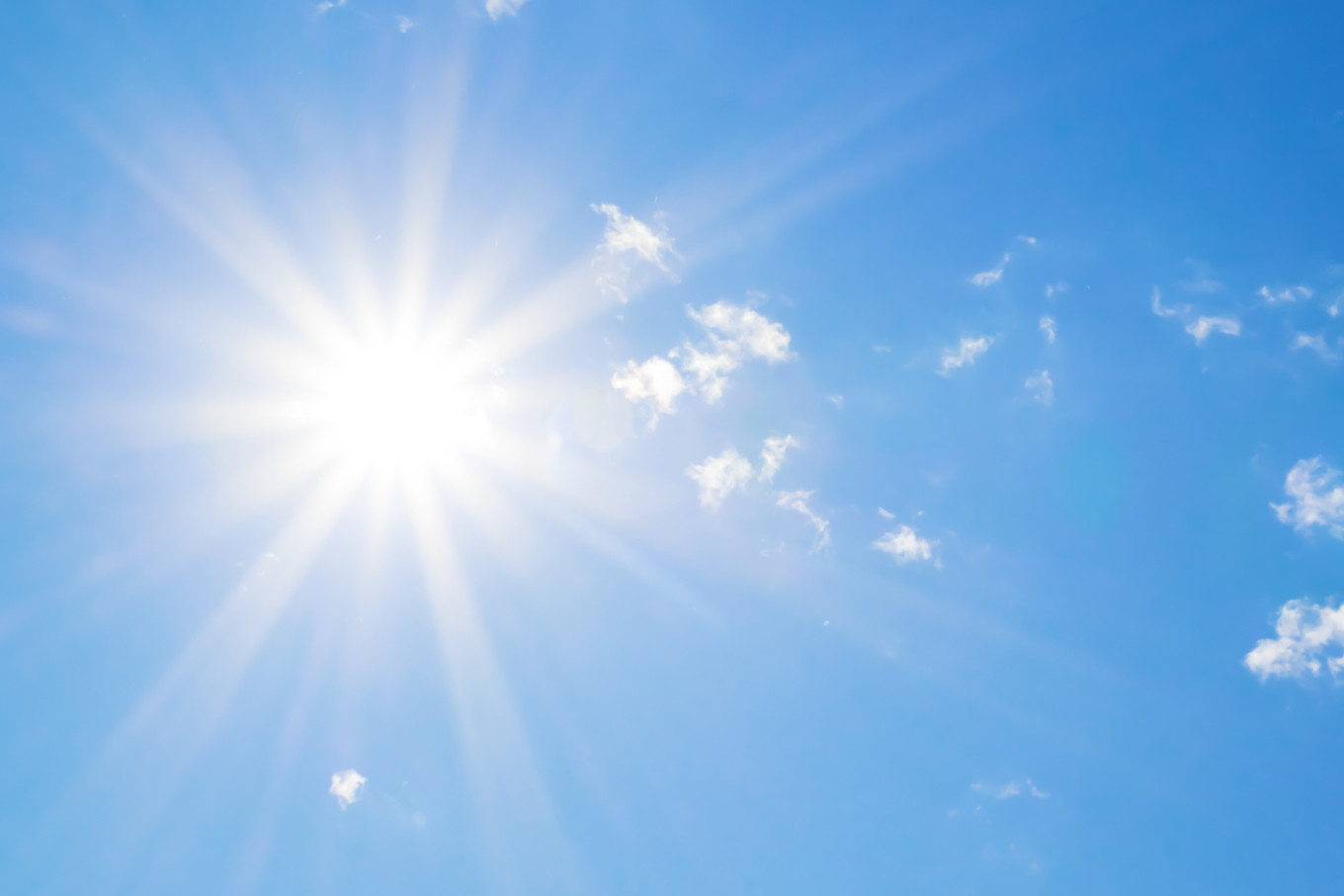
During the middle of the day, both the UV index and air pollution tend to peak. Check a weather app for the UV index and air quality before going outside.
During peak sun hours, it’s good to make sure to reapply sunscreen, keep hats on, and check the air quality for pollution levels if you’re within the United States.
Avoid Dehydration
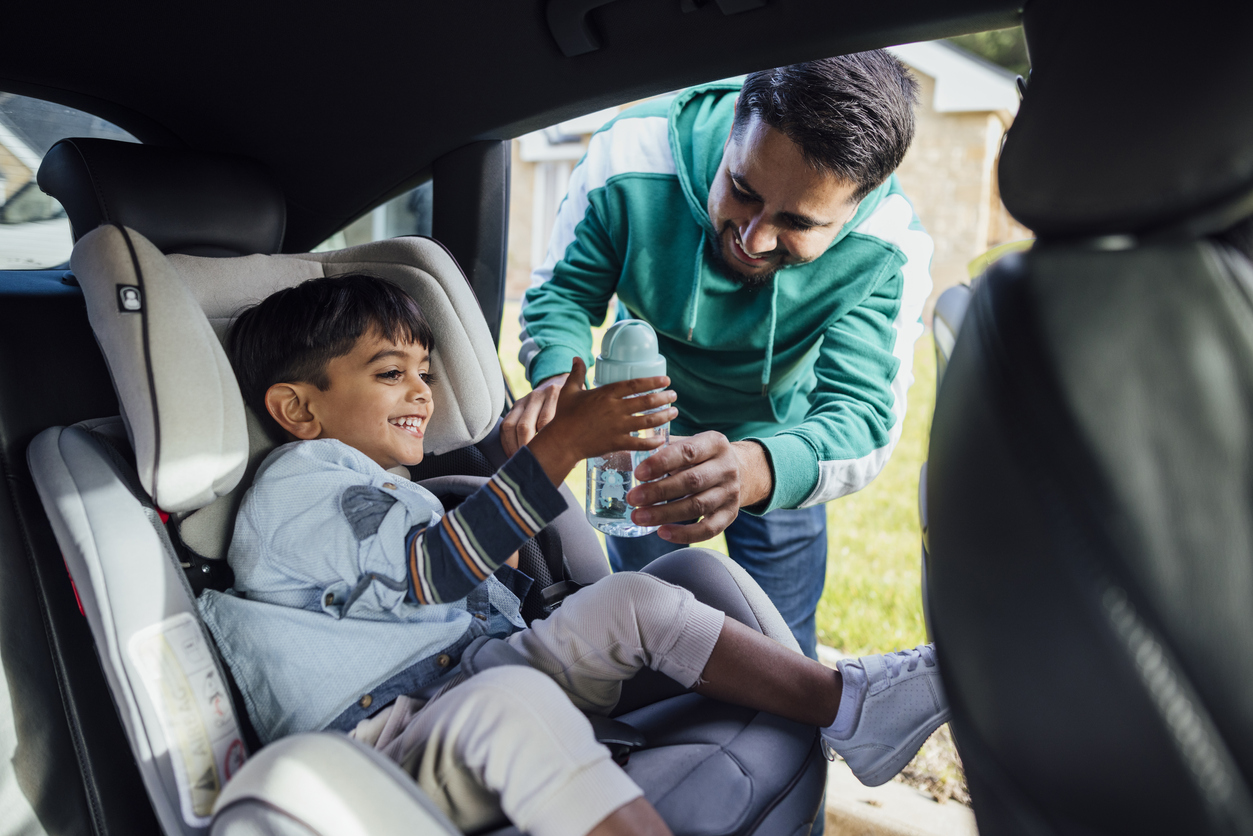
Keeping kiddos hydrated is one of the easiest ways to keep them safe in the heat. Getting a water bottle they can take with them everywhere or that you can have handy to make drinking water fun is a smart way to get them to drink as much water as possible.
This is especially important in summer when they tend to sweat more while playing in the heat.
Treat Sunburns With Cool Water
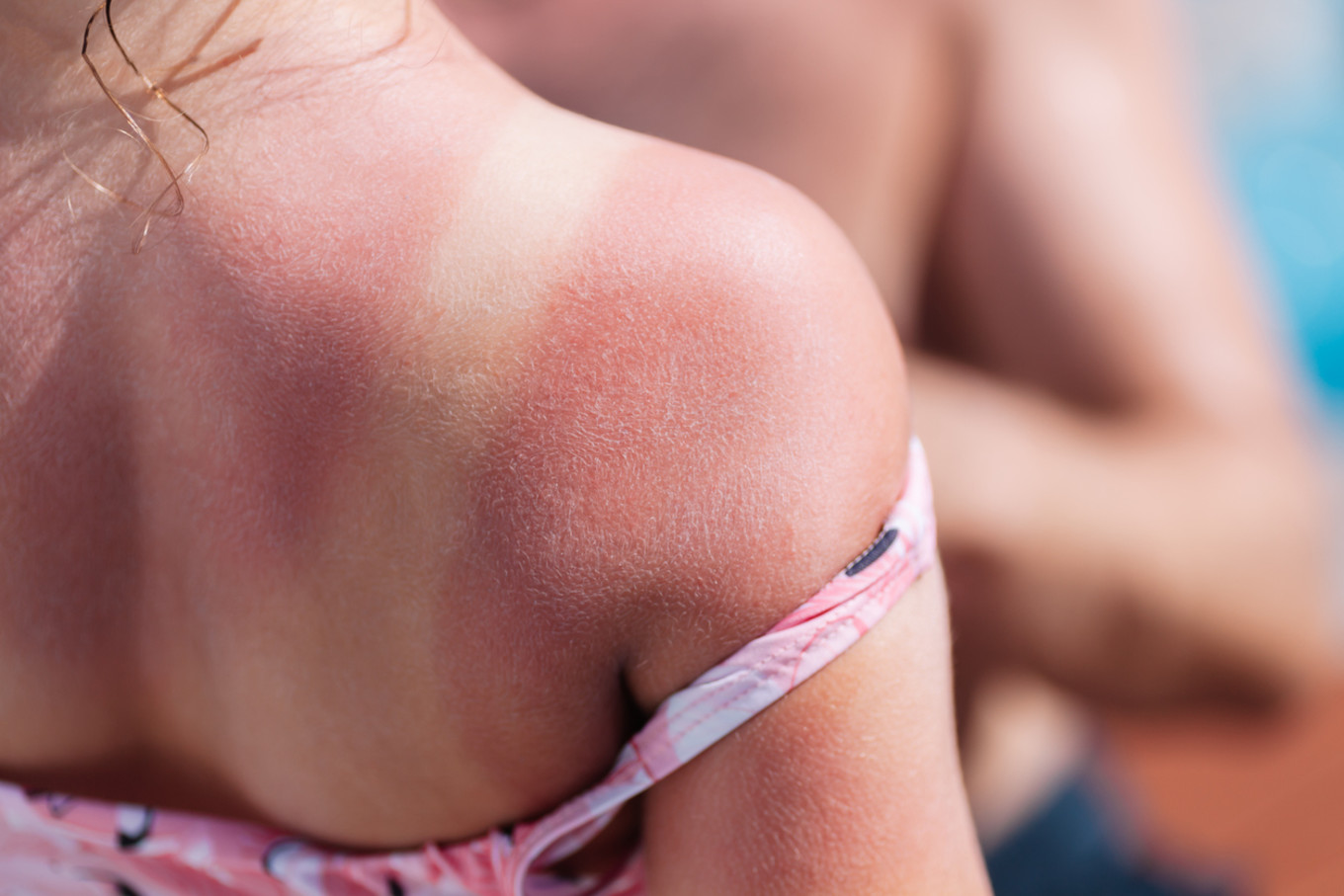
Sunburns will happen. We should wear sunscreen to minimize instances, but it’s hard to have absolutely everything covered. If a burn happens, press a cool towel on the area, take a cool bath, and use a kid-safe aloe ointment or lotion to slow down chafing and irritation. Keep drinking water as a sunburn draws water out of the skin at higher levels than normal.
If the skin ends up blistering, the American Academy of Dermatology Association explains that the blisters are a sign the skin is healing, so don’t let your kids pop or peel off the blisters.
Keep Pools Secure

In the US, drowning is a leading cause of death for kids, especially if they’re between the ages of 1 and 4. The good news is that many of these deaths can be prevented with extra precautions, such as making the pool an off-limits place when a parent or adult isn’t present. Check that your destination has supervision, a pool fence, or an alarm to help childproof the pool area.
If you’re traveling, confirm that all the doors in your vacation rental or room have locks your kids cannot easily access. You can also bring video monitors or travel locks for additional security. It’s also a good idea to review all safety rules with everyone you’re traveling with. For instance, you could make sure you all have swimming lessons before your trip or institute a “buddy system” any time you’re near water or visiting the pool.
Sign Up for Swim Lessons
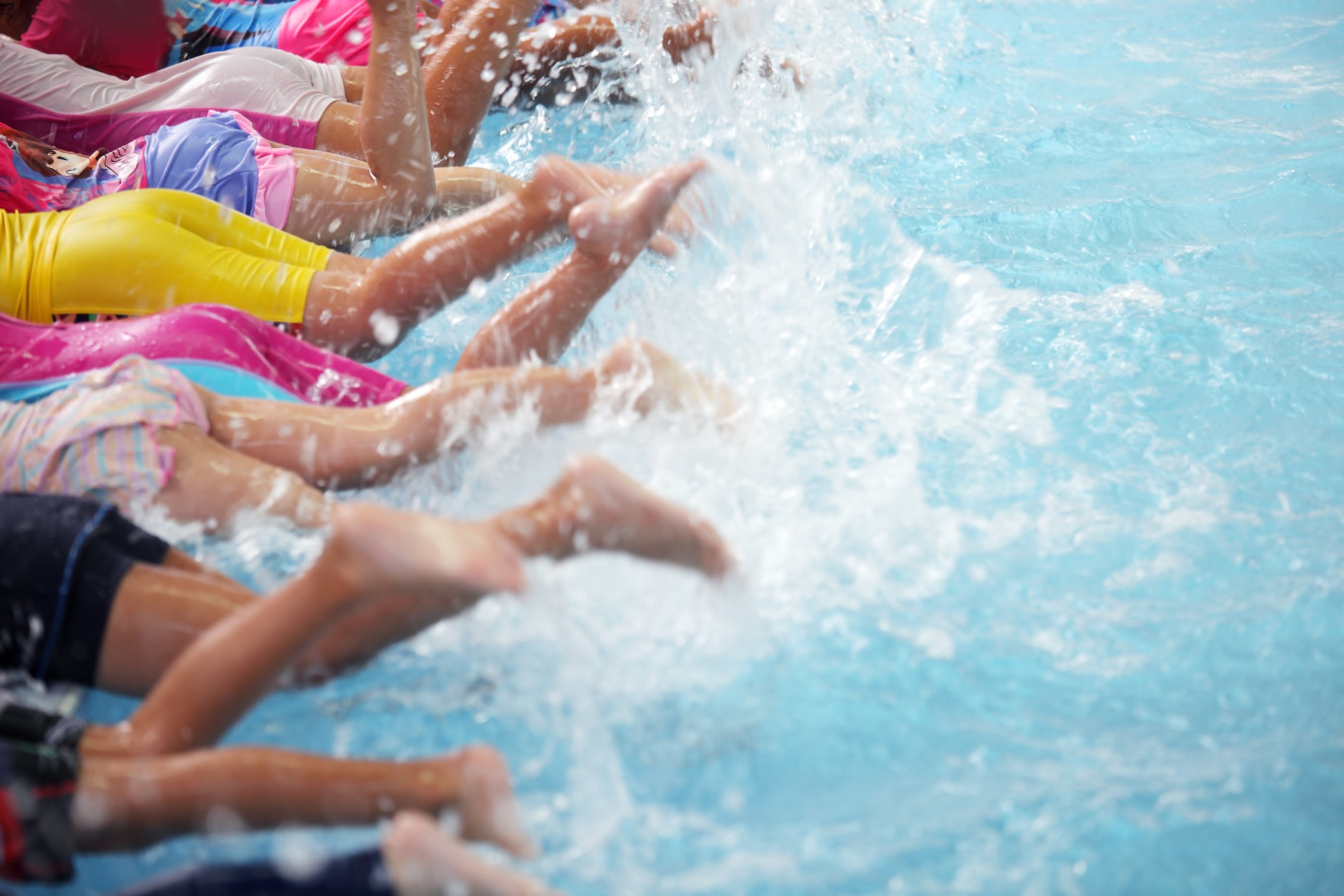
Another way to prevent swim deaths or drowning scares is to equip kids with the skills and confidence to keep themselves afloat in the water, especially if there’s an emergency. Swim lessons are a controlled place for kids to learn how to do that – and they’ll have lots of fun doing it, too.
Know Heat Stroke Symptoms
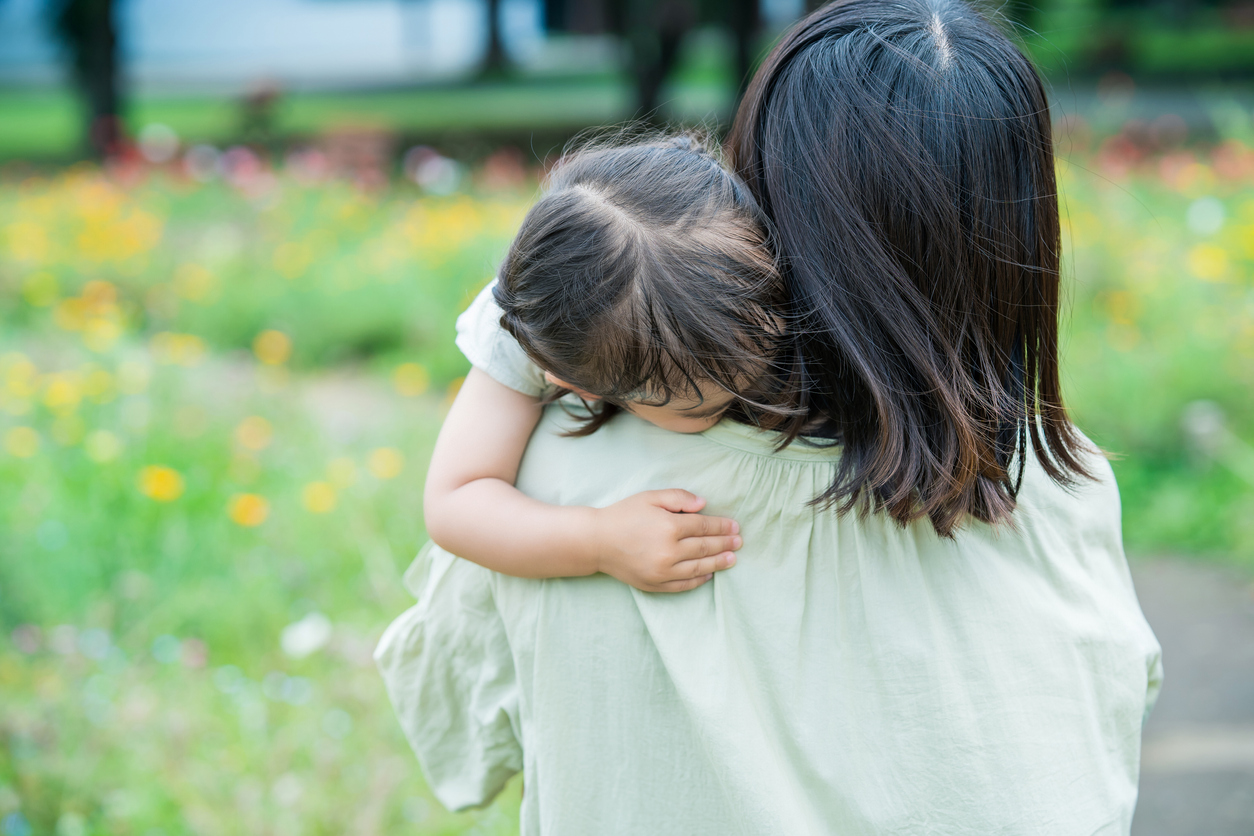
Heat stroke is no joke, and it’s sneaky. So it’s important to look out for heat stroke signs in kids. Some of those signs include flushed, hot, dry skin; loss of consciousness; confusion; absence of sweating; fainting or dizziness; and nausea or vomiting.
If your kids show any of these signs, put them in a bath of cool water or put cold towels on them and bring them indoors to a cool place and undress them before calling for medical help.
Never Leave Kids in a Parked Car
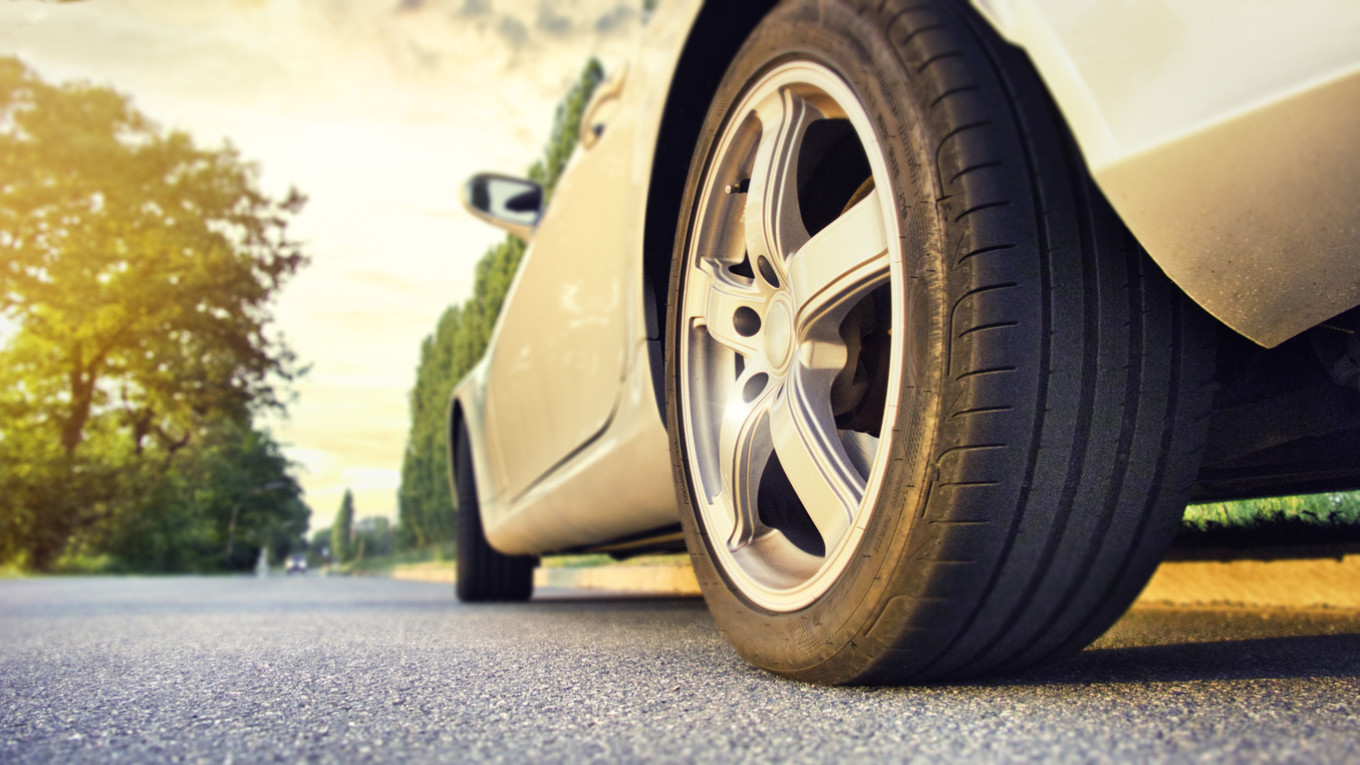
Never ever, under any circumstance, leave a child, or any living thing, in a car alone, but especially in warmer months. Many children have died over the years from being left in hot cars, and yes, it’s still dangerous even with the window cracked.
Whether you’re traveling or back at home, you can implement tips such as these to ensure no child is accidentally left in the car:
- Investing in a smart child car seat that will alert you if a child is left behind
- Use a safety item, like a purse or phone in the car seat, to ward off forgetting
- Make sure no child climbs in a car unattended
- Get help if you see another child in a car alone
Make Diving Off Limits
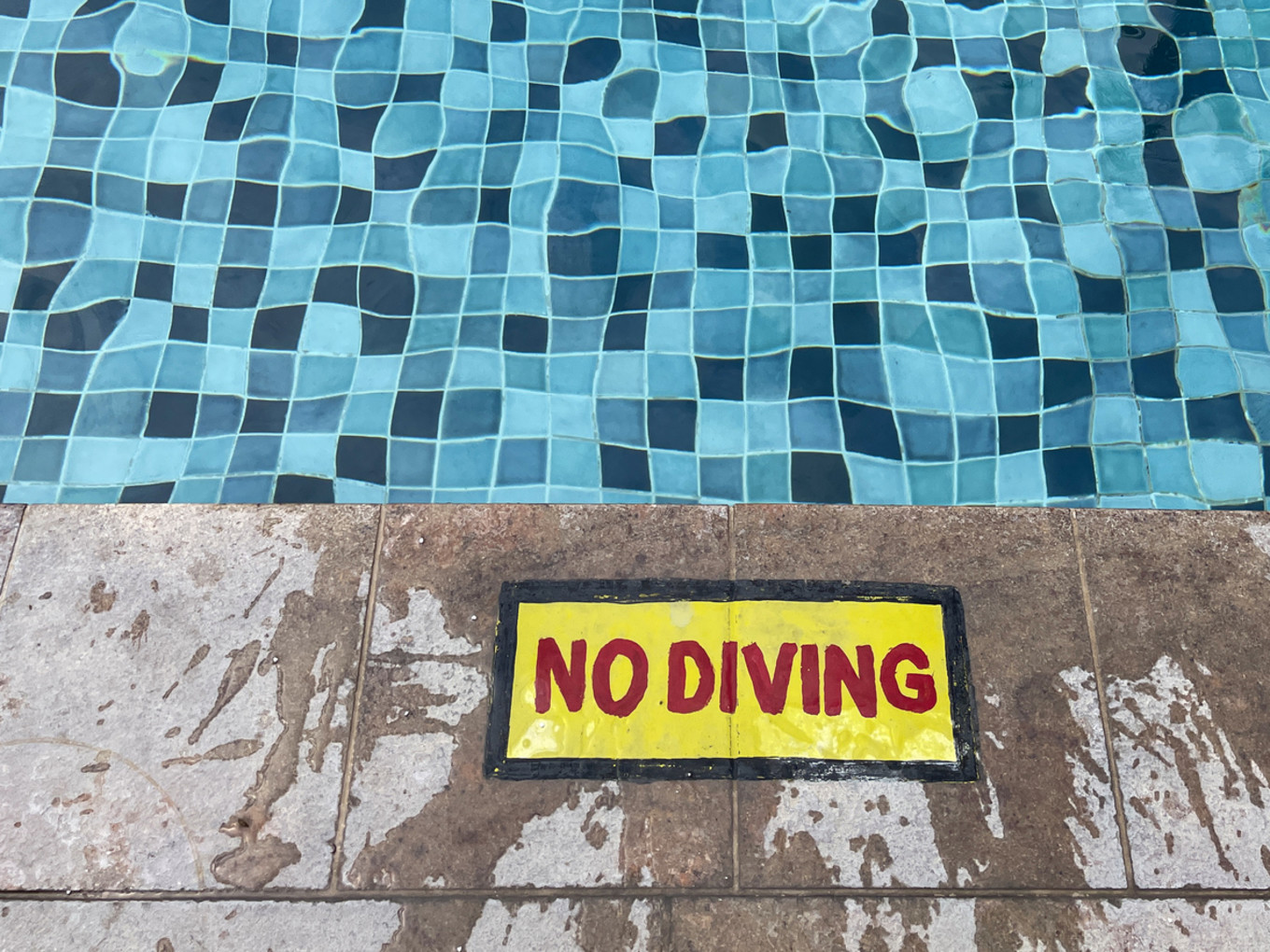
One of the biggest spring break safety tips we can stress is to make diving off-limits. Diving into shallow waters or into unfamiliar waters is dangerous because the water can be shallow, have obstructions in it, or just be shaped in a way that can cause an injury, spinal cord damage, or even death.
Warn kids, tweens, and teens not to dive unless they are in a very clear, labeled diving zone and even then, only with supervision.
Set Guidelines & Have a Plan
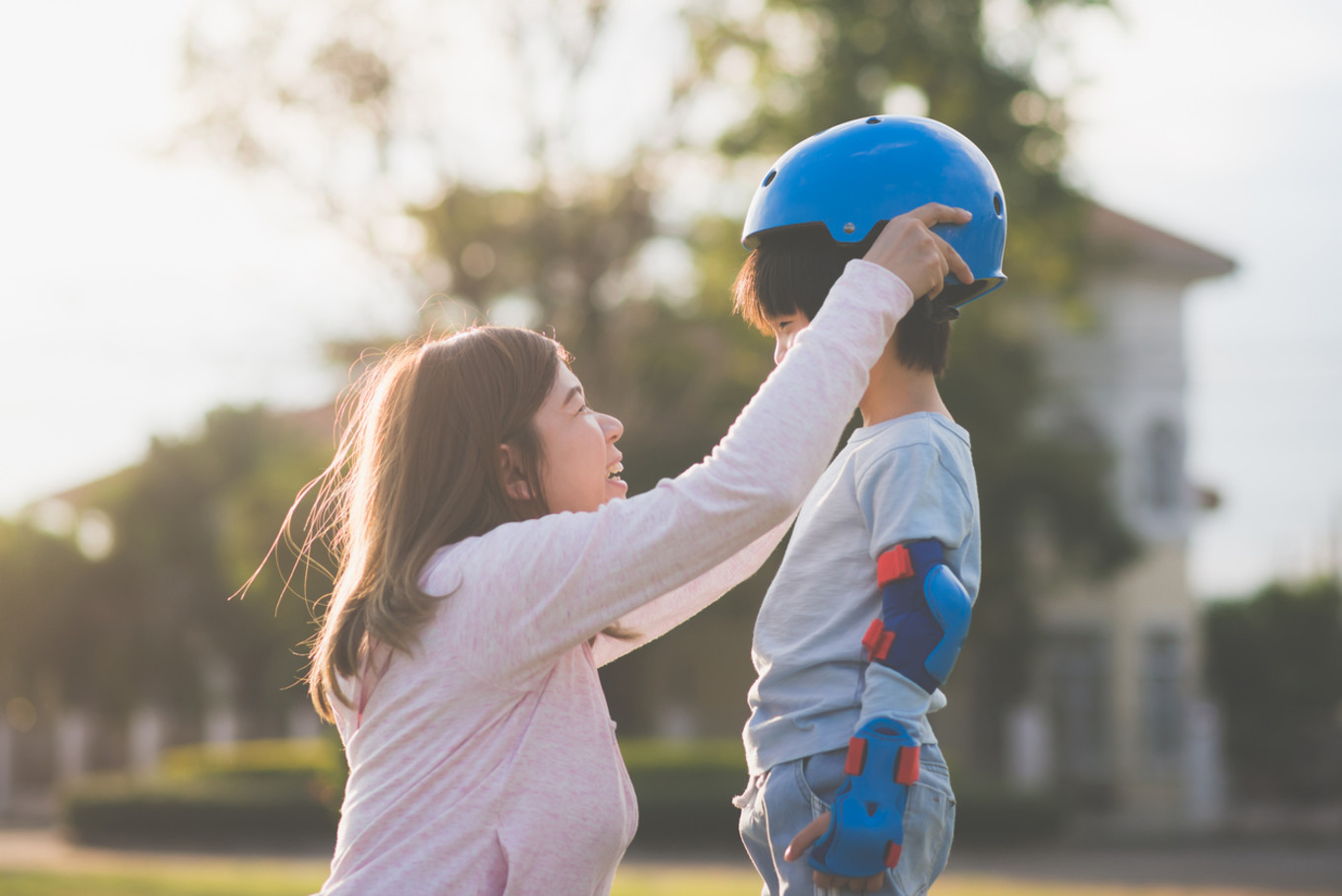
Speaking of warning kids not to do things that are unsafe, it’s also important to tell them about non-water hazards, too, such as looking both ways before riding a bike into the street and wearing a helmet. If your vacation destination offers bike riding or other activities, ask what safety materials are provided so you know if you need to pack or buy your own.
Use Life Vests
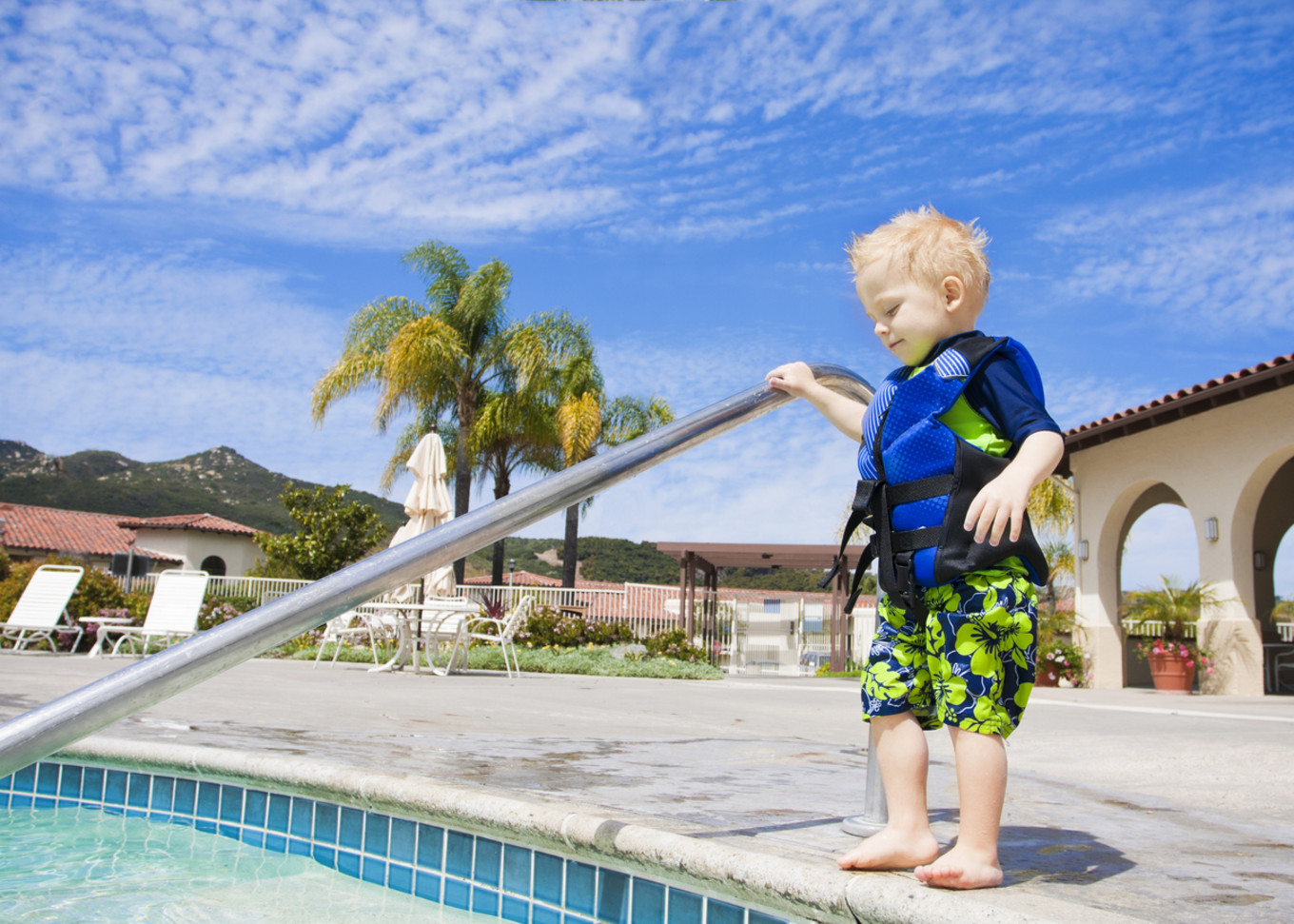
The ultimate in spring break safety tips is to establish a nonnegotiable rule that all members of your party will wear life jackets around water activities, period. That way you don’t have to worry about setting individual rules or making one kid feel singled out. If you’re spending time on a boat, the life jackets are on.
Use Goggles and Ear Plugs
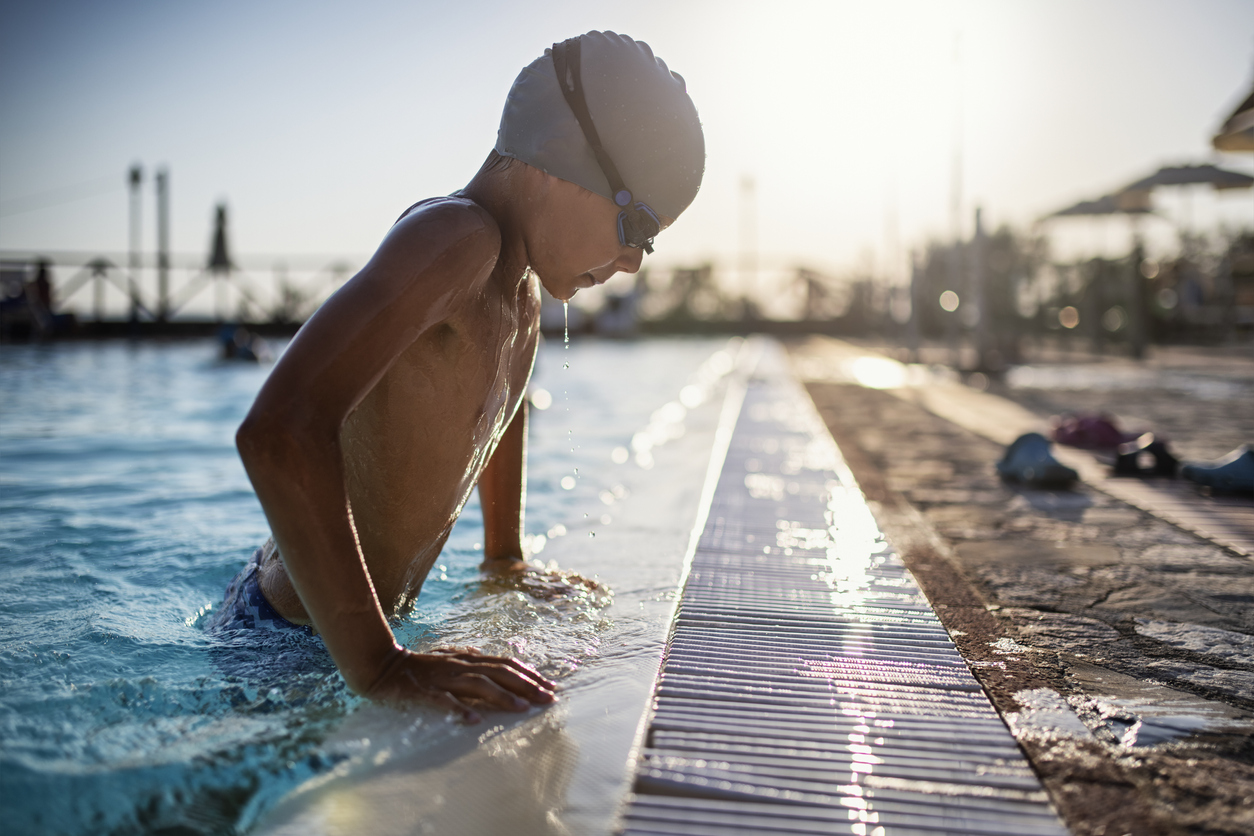
Proper equipment, no matter how small, can go a long way in making swimming safer. For water safety, things like goggles and earplugs can protect kids from getting salt, chlorine, or other foreign substances in their eyes, and earplugs are good for preventing a swimmer’s ear infection.
You may want to do a trial run at home of using the earplugs especially as they can take some adjusting to get used to wearing them.
Set Boundaries & Identify Lifeguards
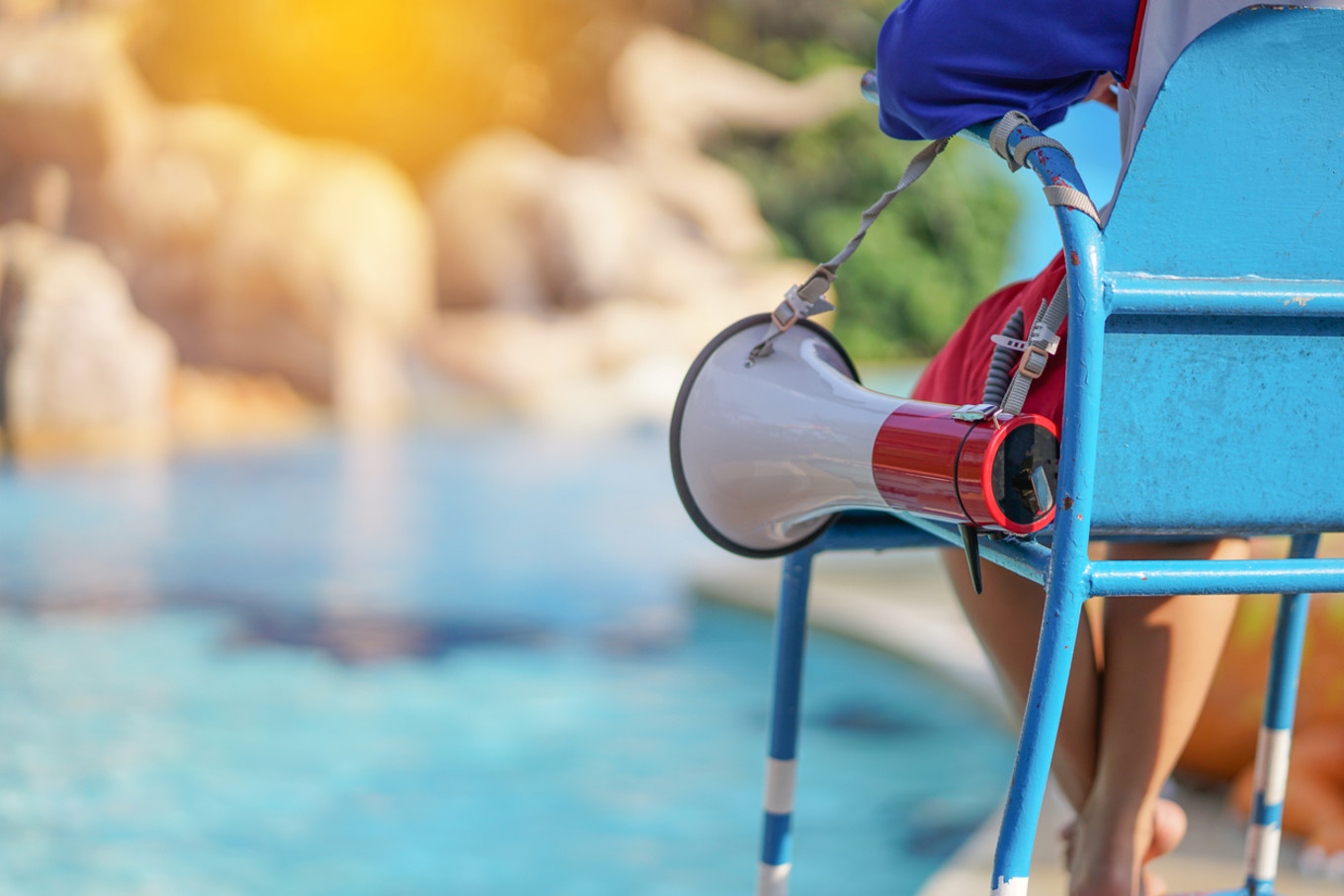
When at a public pool or beach, spring break safety tips can include setting boundaries with kids in terms of how far out they can walk down the beach or go in the water. Tell them they must be in sight at all times and let them know where the lifeguards are ahead of time so that if they need help, they’ll know exactly where to look.
Make Running Rules

It’s not the most fun rule for kids, and even us older generations hated being told not to run, but we get it now. Running in places that have hard cement can lead to skinned knees, and running on slippery pool decks can lead to falling into a pool. It’s better to just enforce this rule than to deal with the consequences.
Bring a Basic First Aid Kit
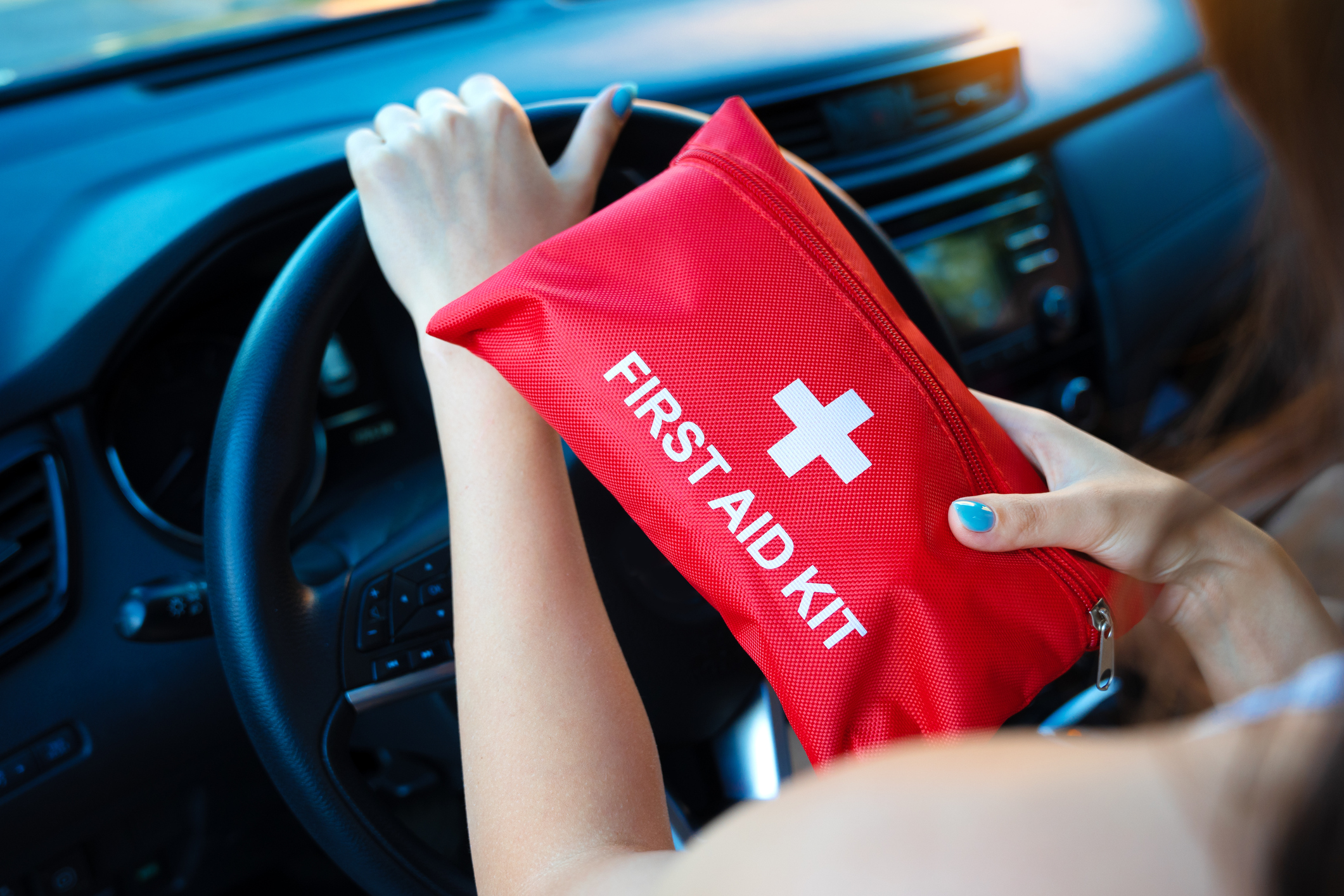
You may not want to travel with your entire household supply of medications and supplies, but bringing a basic travel-friendly first aid kit can help ensure you have the essentials on hand. Consider packing supplies like these:
- Pain and fever reducers
- Bandages
- Stomach relief, like Pepto Bismol
- Electrolytes for dehydration
- Hydrocortisone cream for minor irritation and itchiness
- Portable ice packs
Take Frequent Bathroom Breaks
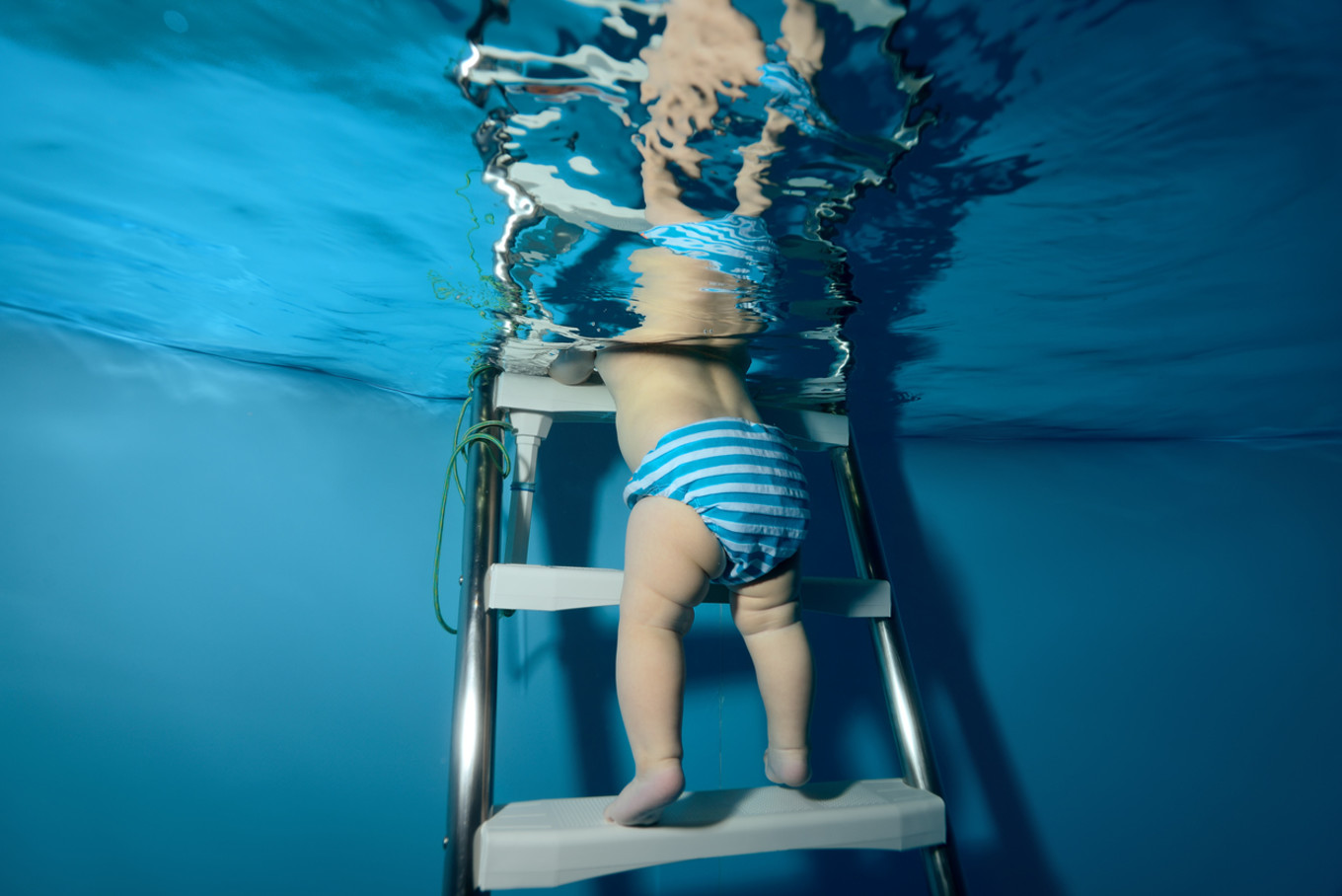
Checking diapers, regular or swim, and just generally making sure your kids aren’t soiling the water does everyone a good service. It helps keep the pool clean and uncontaminated for everyone to have summer fun. And when they do need a change, try to do it away from the pool area or beach.
For older kids, ensuring they are taking regular bathroom breaks can help decrease the risk of a urinary tract infection and help them stay regular. Kids don’t want to stop the fun for a boring old bathroom break!
Keep Bugs Away
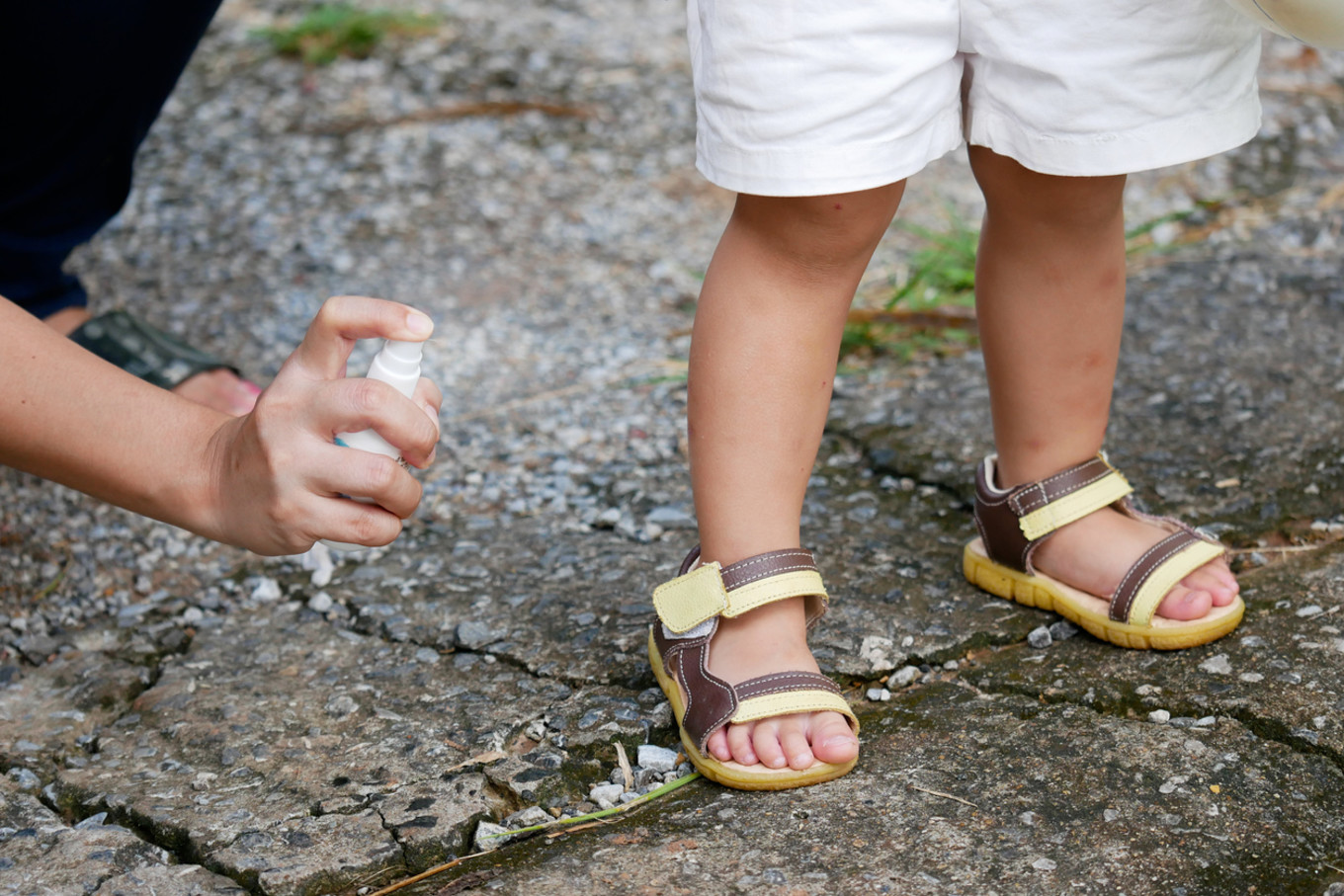
Going camping, being at a beach, or hanging out in a backyard where mosquitos are around means you should use bug spray to prevent itchy bites. But not all bug sprays are effective: The American Academy of Pediatrics recommends that repellents should contain no more than 30% DEET when used on children.
Repellents are not recommended for children younger than 2 months old, so keep that in mind if you’re traveling to a place where bug bites are common.



